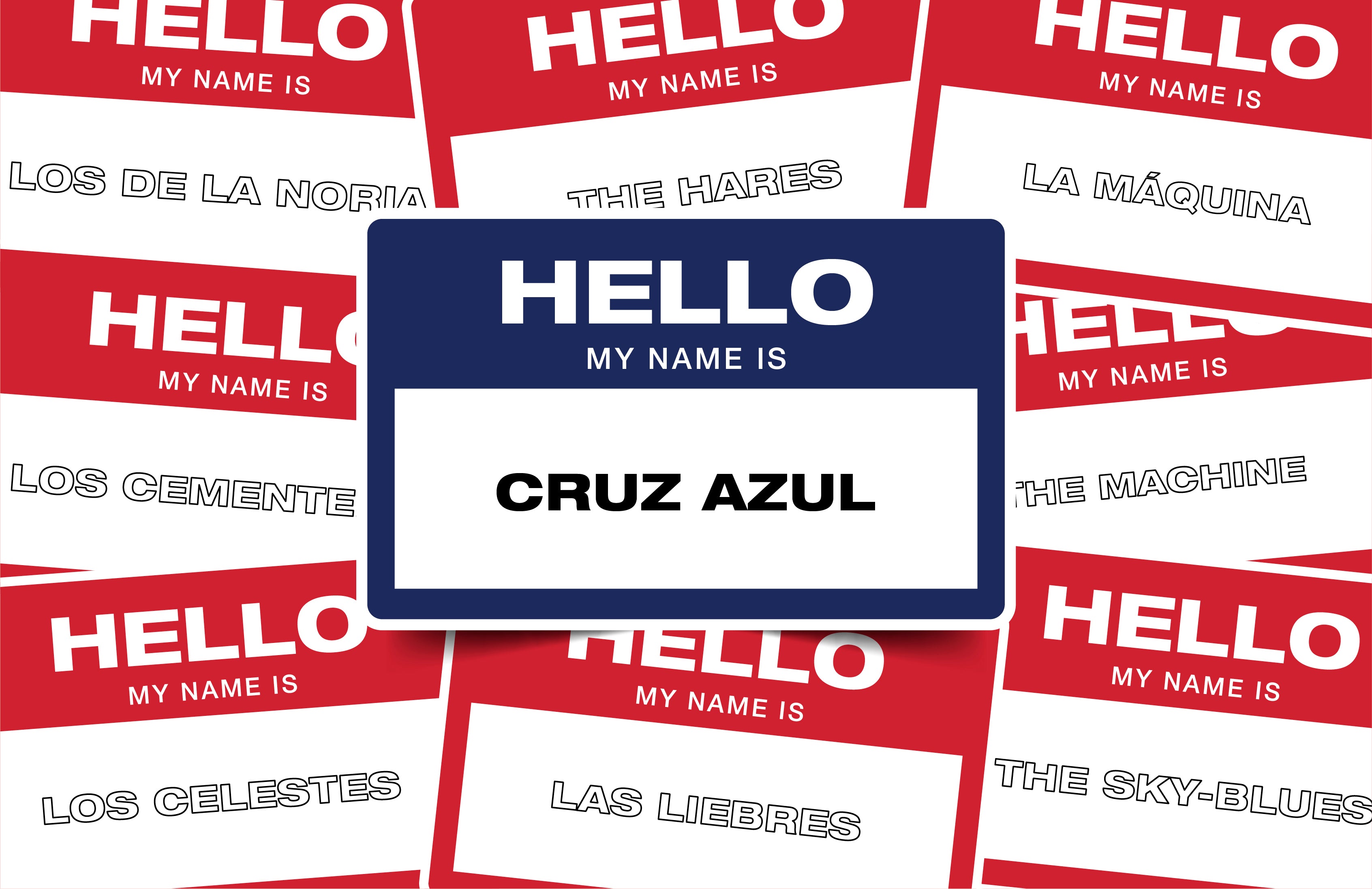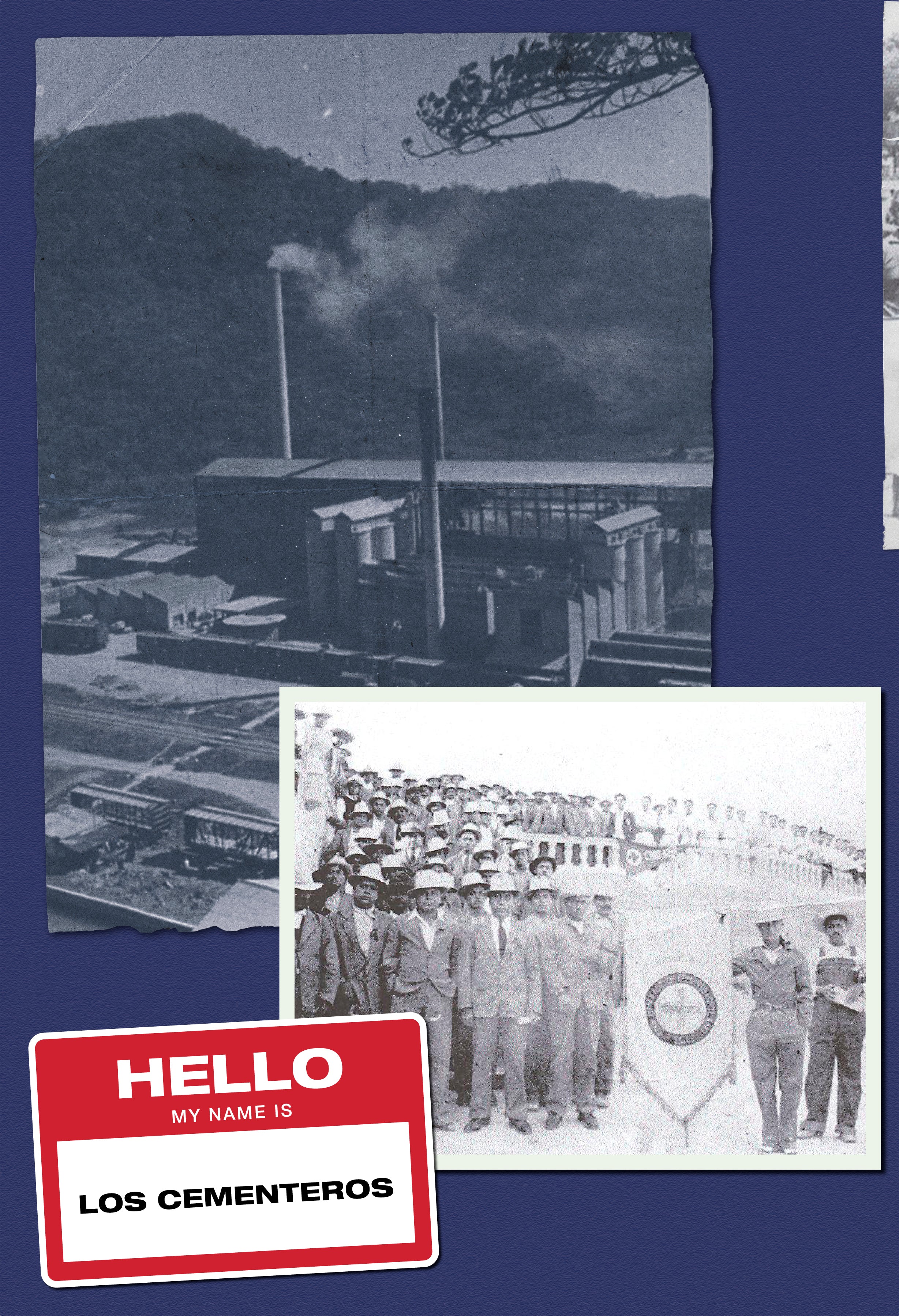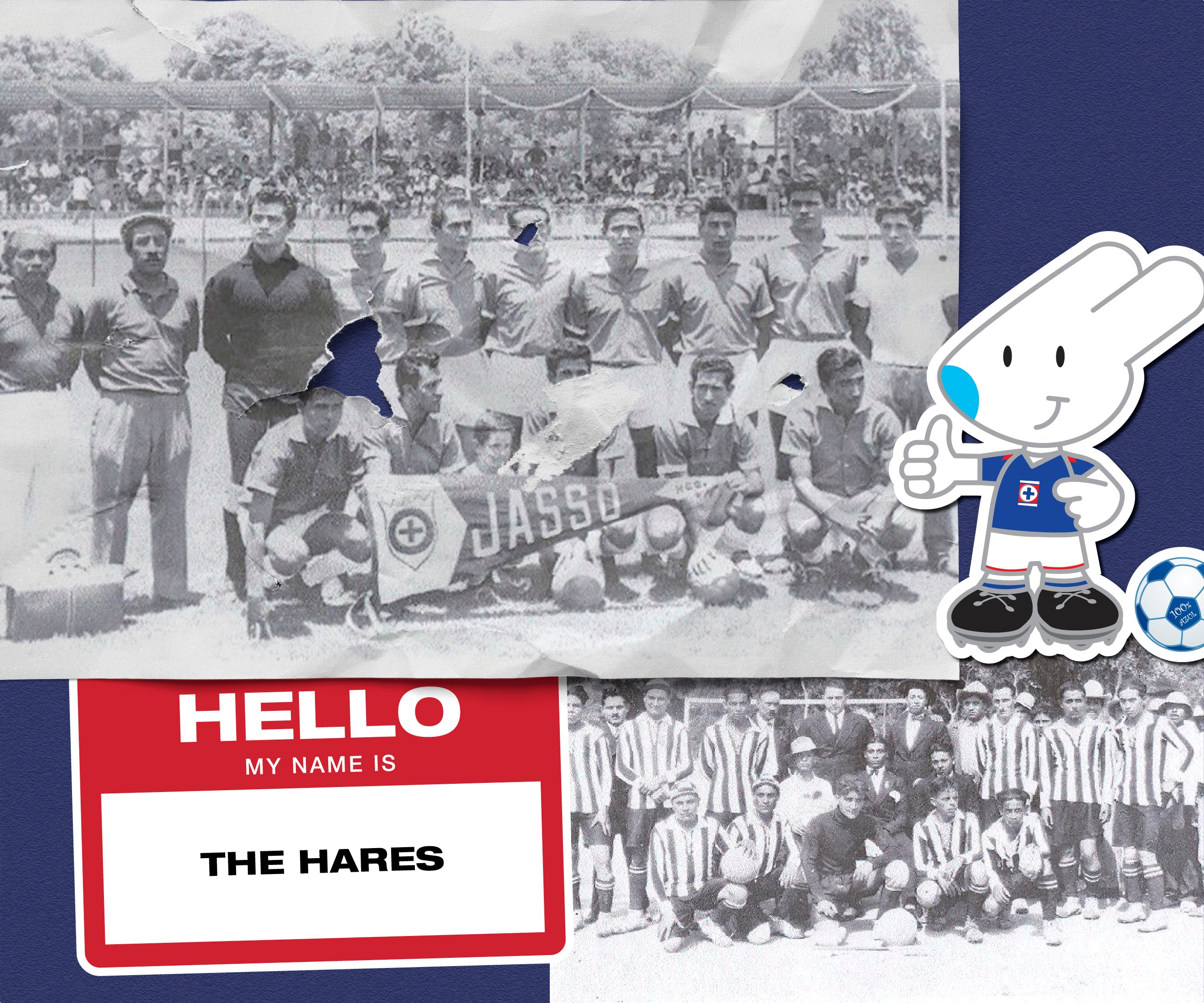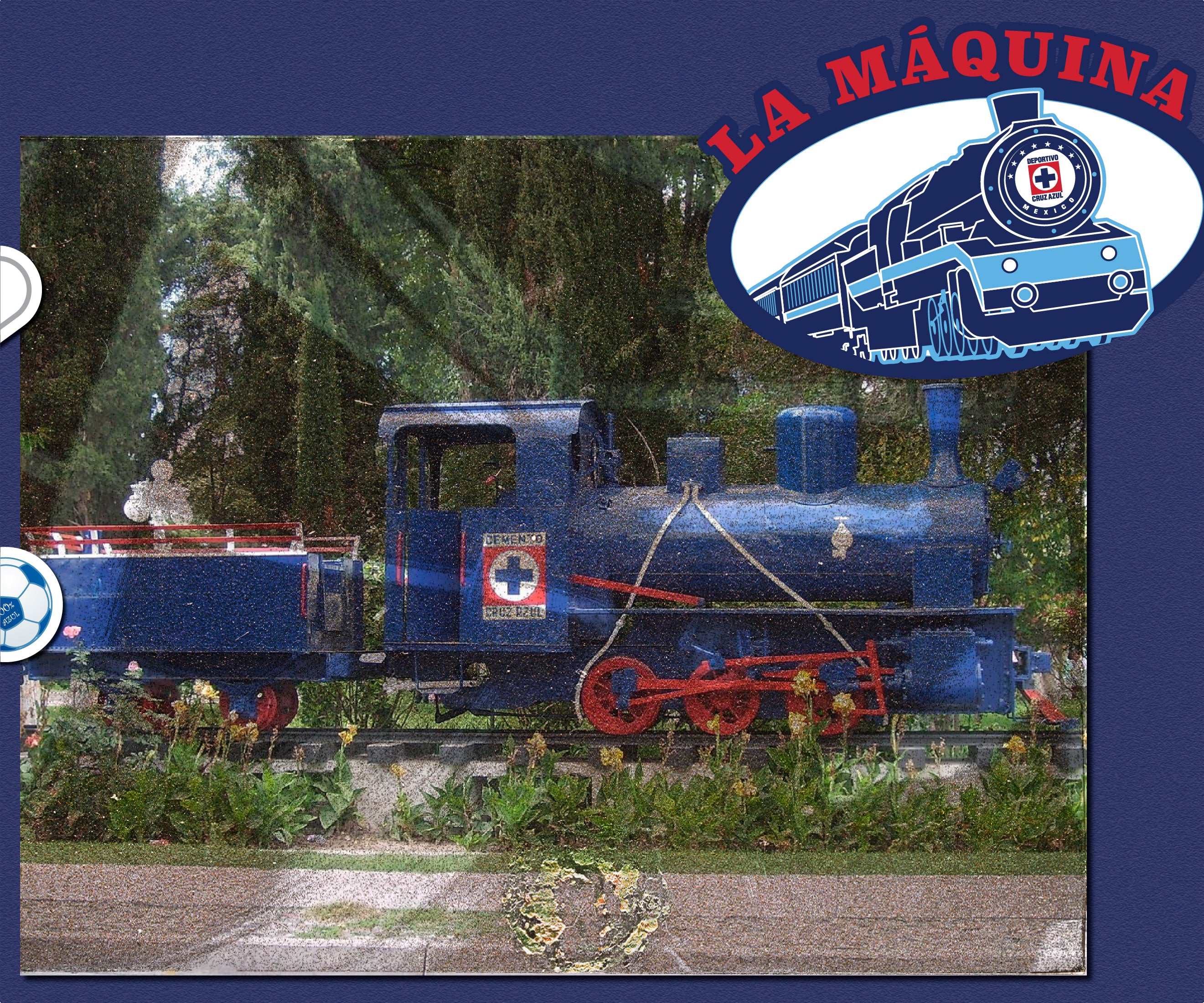
#latest
Ever Changing Nicknames of Cruz Azul
#latest
Ever Changing Nicknames of Cruz Azul
#latest
Fan Ink
Aug 17, 21

A deep history that dates back nearly 100 years ago, the club has accrued various nicknames that symbolize the team’s spirit and origins.
Here’s a list of Cruz Azul’s many nicknames and the fascinating story behind each one.
A deep history that dates back nearly 100 years ago, the club has accrued various nicknames that symbolize the team’s spirit and origins.
Here’s a list of Cruz Azul’s many nicknames and the fascinating story behind each one.

The first nickname originates from the club’s roots – the Cemento Cruz Azul. A cement factory located Jasso, Hidalgo, its employees originally played baseball as the company team’s official sport.
However, Garces López – a company employee and Mexican athlete – personally lobbied for months to have the sport changed to football. López eventually convinced company directors to hold a referendum for workers to vote on the company’s official sport. It was successfully changed to football on March 22, 1927.
Two months later, the football club was officially established with López appointed as head coach. Thus, on May 27, 1927 – Cruz Azul was born.

““The Hares” / “Las Liebres””

In the mid 1960s, Cruz Azul was promoted to the Primera División of Liga MX. During this period, club players played a fast-paced and physical game, and wore uniforms that were predominately white. These unique characteristics had fans compare club players to the abundant hares found within the town.
The nickname held, as the hare is often used as a mascot to represent the club. Commonly mistaken for a rabbit, Cruz Azul’s board officially clarified that the mascot is a hare.

““The Machine” / “The Locomotive” / “La Máquina””

It is believed that this nickname refers to the railway that was used to transport cement from the Cruz Azul factory to Mexico City.
The nickname was further reinforced after the club’s dominate period in the 1970s, leading the Primera División with six league tournament championships. This drew comparisons to a locomotive sweeping through their opponents.
Another theory is that the nickname was borrowed from the River Plate club in the Argentine Primera División. In a similar fashion, they dominated the league in the 1940s.
The nickname has some variations, including “The Celestial Machine”, “The Blue Machine” and “The Cement Machine”.
“The Sky-Blues” / “Los Celestes” - This nickname stems from the radiant blue found on numerous Cruz Azul jerseys throughout the club’s history. A bright hue of blue that resembles the same colour you can see in the sky on a clear, sunny day.
“The Sky-Blues” / “Los Celestes” - This nickname stems from the radiant blue found on numerous Cruz Azul jerseys throughout the club’s history. A bright hue of blue that resembles the same colour you can see in the sky on a clear, sunny day.
